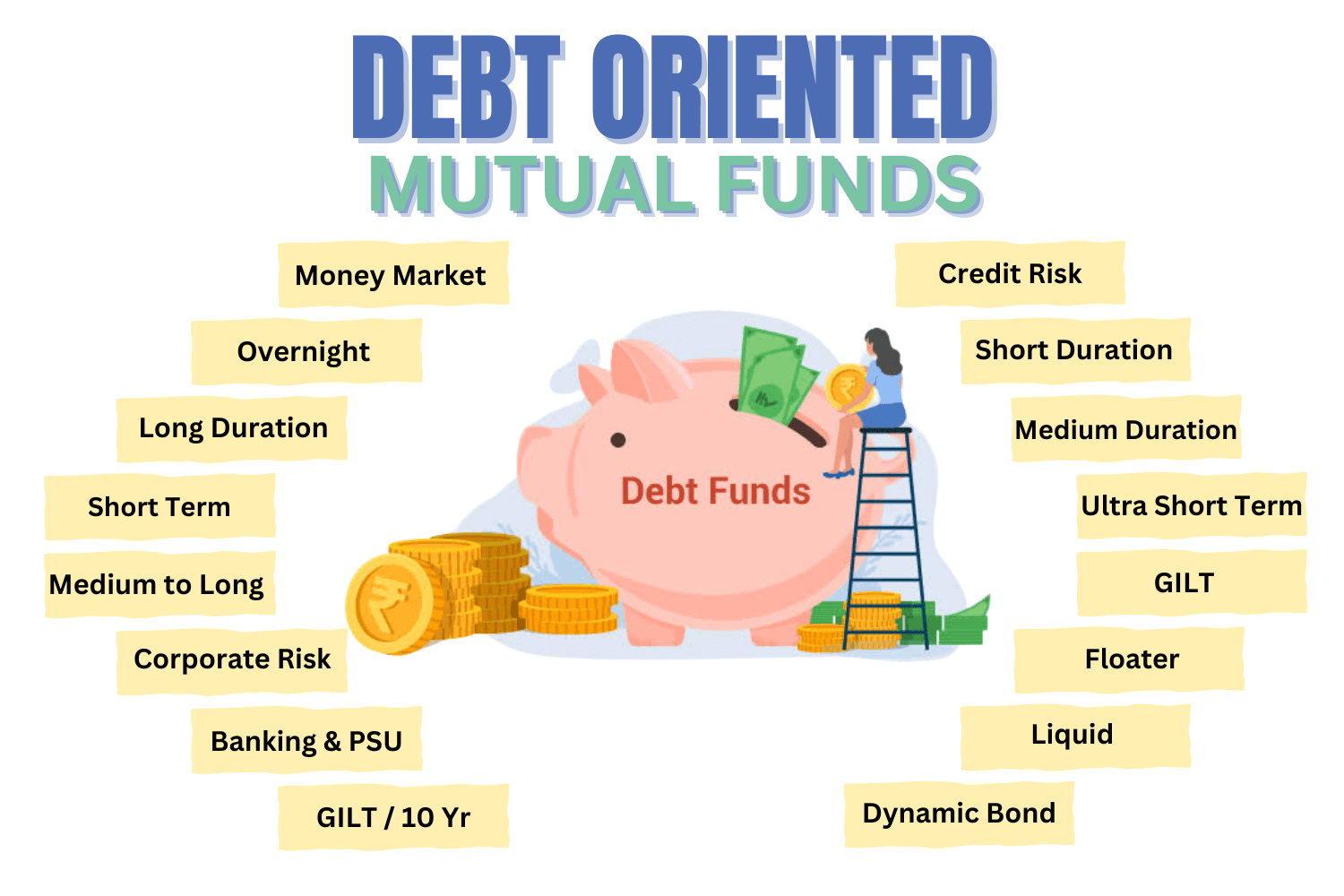These are the top 5 financial mistakes that you should avoid to secure your financial future. You may not realize how much these small mistakes can impact your financial health in your 20s, but they can change your financial status if you can avoid them.
1. Ignoring Insurance

Not thinking about insurance in your 20s is one of the biggest financial mistakes that you can make. As you are aware, medical costs have been getting increasingly higher in recent years, which can consume all of your wages and force you to take out a loan. This way, you will keep spending your earnings on debt repayment instead of increasing your standard of living.
– Taking health insurance in your 20s will have TWO major benefits:
1] Very less premium covering high value.
2] Reducing the financial burden to your family in case of health issues.
Know about all types of insurance schemes by the Insurance Regulatory and Development Authority of India at Insurance
2. Not Saving Early

Not realising how saving and investing even a small amount can break your financial barriers. Thinking it is too early to start saving? But the magic of compounding will be high only when you start saving and investing at the early stage of your 20s.
To know the power of compounding, read our post on COMPOUND INTEREST
The younger generation in their 20s may not realise that they are making this financial mistake that will cost them later. You don’t know what situations might come into this tragedy life that might cost you some “n” times of your regular income, like losing a job and staying unemployed for few months, sudden traveling plans, etc.
Read our post on EMERGENCY FUNDS to know how to plan for a proper emergency corpus.
I strongly believe that having a good standard of life is essential, and money is not just to give you protection from unnecessary or major life events but also to have a peaceful time in a place that you love with the people you love, inspired from the book “Psychology of Money”.
3. Overspending & Taking High Credit

Spending, spending and spending. Since the day salary or stipend is credited into your bank account, there will be a daily outflow. After rent, groceries, etc., you spend more on Netflix, Hotstar, Zomato for meals, one-day shopping, etc. How do you expect to save and invest if things keep going like this? Gen Z is looking for instant gratification and isignoring the long-term effects.
Not only that, you are okay with using Buy Now Pay Later (BNPL) schemes and credit cards to satisfy those instant gratifications. Of course, credit cards are a great way to take money on credit when in need if you can pay them on time. But you misuse them by depending more on credit cards, even not being able to pay on time and converting credit loans into EMIs. That is where you will get stuck in the financial loop, which will reduce your savings or let you ignore savings completely.
There are lots of apps that track your income & spending whenever you make a transaction, such as Jupiter, Mint, etc. Download any such application and start using it. Track your expenses every month and set budgets on categories like Food & Drinks, Unnecessary travelling, and miscellaneous expenses. Analyse your expenses each month and see how much expenditure is your necessity, how much you are spending just for comfort, and what luxury is. Accordingly, set your own budgeting rule, like the 50/30/20 rule.
4. Looking For Quick Money

Many young people have been involved in derivatives like trading stocks, which is a big mental stress as the odds of winning in trading are similar to gambling. Trading is not a bad option if you want to make it a part of your career, But it’s not a go-to option if you are just trading to make short-term profits without learning. Looking for quick money is one of the major money mistakes. Other Quick money options that come in social media might make them happy for a short term earning more money but later they will lose all of it. It’s a short-term game until you want to make it your career.
Quick money won’t stay for long; it’s the same as habits, as said by James Clear in his book Atomic Habits. If you want to make a habit, you have to change the source, that is, your mindset. Until we do that, no matter how hard we try, we end up at the same place without sticking to a habit. In the same way, you have to change your mindset to understand that quick money is not a long-term option.
Building a financial free life is a long-term game, it requires patience and consistency backed by the proper financial plan.
5. Avoiding Financial Knowledge

What happens without financial knowledge? We rely completely on our limited understanding and make impulse financial decisions. Having financial knowledge makes your life a lot easier. Knowing the concept of compound interest helps you make a better financial plan. Either for your retirement or education, or to build your target net worth by the end of a certain age.
It’s time to learn investment options and strategies like stocks, mutual funds, real estate, gold, etc. This will help you make informed financial decisions to achieve your long-term goals. Ignoring them is a huge financial mistake that anyone can make. You will fall behind if you can’t even earn a return that at least beats the increasing inflation.
There are lots of free resources available these days on the internet for you to gain a piece of valuable knowledge on finance topics such as financial newspapers, blogs (like yournextrupee.com), YouTube videos, social media, etc. Follow reliable finance Facebook and Instagram pages and WhatsApp channels. Just spend 20-30 minutes daily to learn personal finance. Knowledge is Wealth
“The best investment that you can make is in yourself” – Warren Buffett.
Conclusion
Avoiding financial mistakes early is crucial for Gen Z in their 20s to lay a solid foundation for a secure and prosperous future. By steering clear of these common pitfalls like ignoring budgeting, neglecting savings, accumulating unnecessary debt, looking for quick money, and failing to build financial literacy—you can take charge of your financial journey. Remember, every small step you take today can lead to significant rewards tomorrow. Start making informed decisions, stay disciplined, and invest in your future self—because your financial well-being is worth it.





